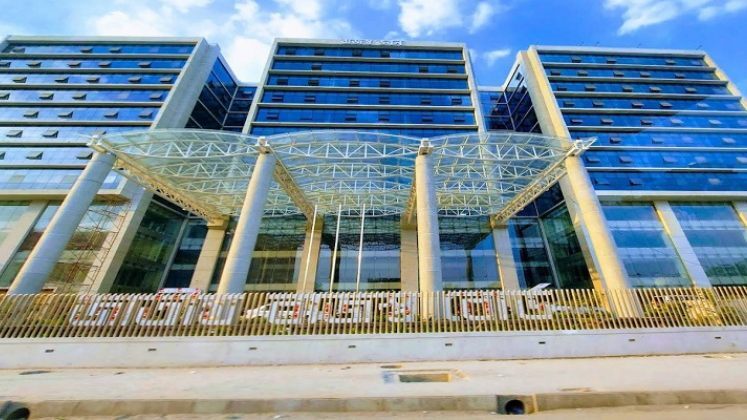
The National Board of Revenue (NBR) has broadened duty-free import benefits for partial exporters across eight sectors, allowing them to bring in raw materials without paying upfront duties, backed by a bank guarantee.
In a recent notification, the tax authority said that the new arrangement will apply to processed foods, light engineering, furniture, electronics, plastic products, and leather goods. The measure targets exporters who do not hold a bonded warehouse license under the current rules, which previously constrained their ability to import raw materials for export production without upfront duties.
Under the revised rule, such exporters can import raw materials without immediate customs charges by furnishing a bank guarantee equal to the estimated duties on the imported materials. When export proceeds are received, the bank guarantee is released, and there is no longer a need to seek duty refunds after export.
This shift comes as ready-made garments have dominated the country’s export earnings for more than 30 years. Since 2013-14, garments have accounted for over 80% of exports, despite a Taka 941 crore initiative launched in 2017 to enhance competitiveness in leather, footwear, light engineering, and plastics. The project budget has since risen to Taka 1,264 crore, according to planning ministry records.
Exporters outside the garment sector have pressed for easier access to bonded warehouse facilities to boost overseas sales. Previously, many firms that produced only a portion of their goods for export faced the burden of paying full import duties on raw materials, followed by refunds processed through the Duty Exemption and Drawback Office after export completion.
A senior NBR official explained that under the new policy, partial exporters can import raw materials against export orders by presenting a bank guarantee equal to the total import duties payable on those materials. Once export proceeds are realized, the guarantee is refunded.
Officials project a meaningful impact from the change, describing it as a first step toward reducing reliance on garment exports. Mohammad Naziur Rahman Miah, first secretary for customs, export and bond at the NBR, said, “We expect a big impact. It will be a starting step to come out of the dependency on garment exports.”
The notification requires manufacturers to secure export orders or contracts with foreign buyers (e.g., letters of credit) and to demonstrate at least 30% value addition to qualify. Partial exporters must also obtain permission from the Chief Controller Office of Imports and Exports as industrial consumers and comply with VAT regulations.
Industry reactions were mixed but largely positive. Selim H. Rahman, chairman and managing director of Hatil Furniture, welcomed the move as a long-standing demand from industry stakeholders. He argued that easing tariffs on raw materials could help Bangladeshi firms compete more effectively abroad and pursue new markets and buyers.
Abdur Razzak, president of the Bangladesh Engineering Industry Owners Association, urged authorities to deliver tangible results, emphasizing the need for action rather than promises.
Ferdous Ara Begum, CEO of BUILD (Business Initiative Leading Development), noted that many small and medium-sized enterprises export only portions of their output and were unable to access bonded warehouse benefits under the previous rules. She pointed out that while the policy referenced conditions such as a utilization declaration from the Export Promotion Bureau (EPB), a value addition certificate from customs, and a 100% bank guarantee, implementation had been inconsistent in the past.






